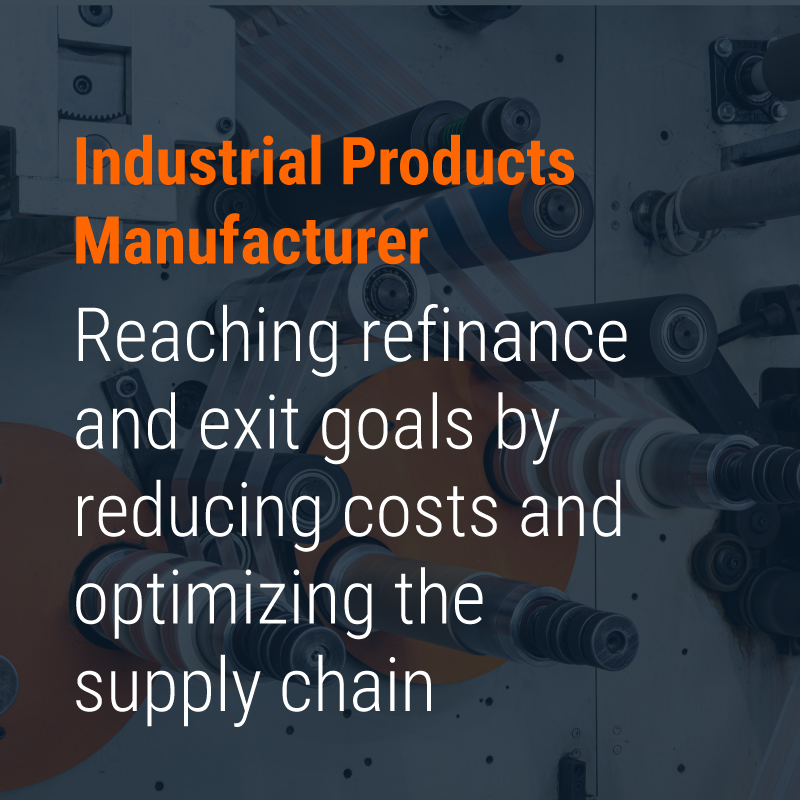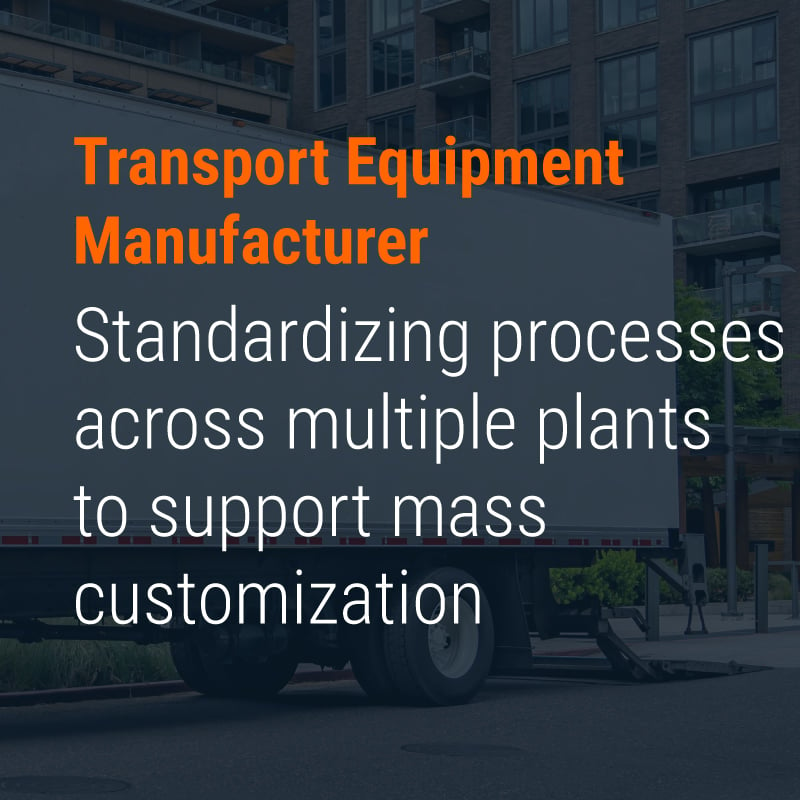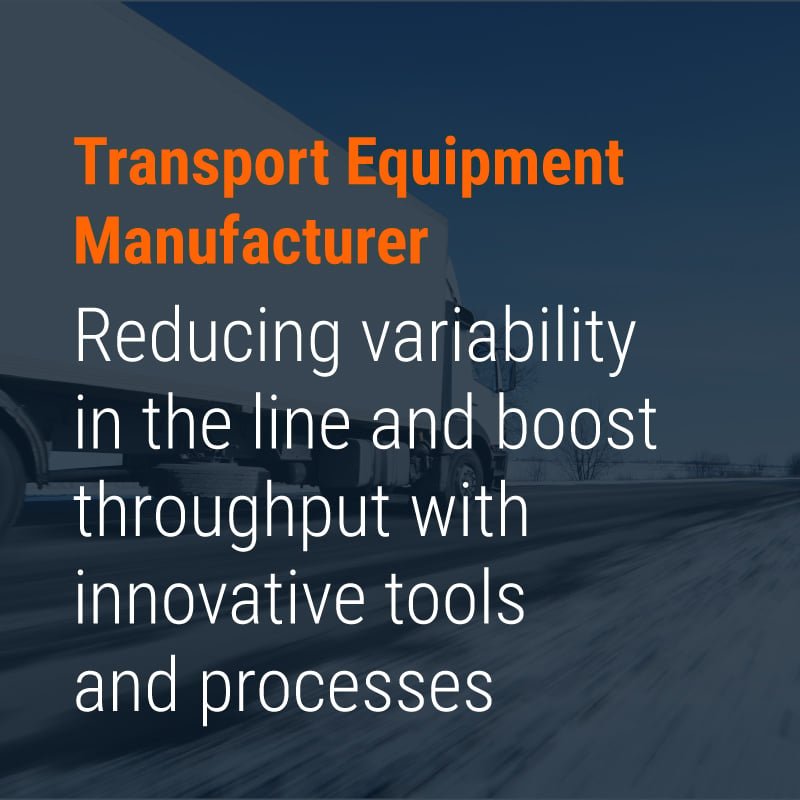Industrial Manufacturing
Rapidly address supply chain and operations challenges to improve profitability, cash, resilience, and growth

LATEST INSIGHTS
-
1
-
2
-
3
-
4
-
5
-
6
-
7
-
8
Maine Pointe partners with industrial manufacturing companies to strengthen supply chain resilience and drive operational excellence. Leveraging our data-driven, hands-on methodology and deep sector expertise, we help clients overcome production and market challenges, reduce costs, and unlock measurable, sustainable improvements in performance and profitability. Our approach empowers manufacturers to stay competitive and agile in an increasingly dynamic global landscape.
Benefits & Track Record
10% to 30%
Average profitability growth
40% to 100%
Improvement in near-term cash
6:1
Average ROI
20+ Years
Private Capital & Corporate Experience
$5+ Billion
In value creation delivered
Guarantee
Unique 100% fee-based guarantee
Your Challenge
The industrial manufacturing industry is seeing an increasing need to address:
- Transportation and distribution disruption
- Supplier and production bottlenecks
- Labor challenges
- Spiraling input costs
- Poor supply chain visibility and traceability
- Supplier optionality
- Sales and operations planning
- Customer and investor environment social & governance (ESG) scrutiny
- Cross enterprise collaboration / Design for Excellence


What We Do
Our analytics and Industrial Manufacturing operational implementation experts work shoulder-to-shoulder with executives and their teams to:
- Quickly gain insight and control
- Accelerate initiatives and drive measurable improvements across the end-to-end supply chain and operations to drive profitability, cash and growth
- Drive pragmatic change through a unique step-by-step approach called Total Value Optimization™ (TVO)
- Implement tangible deliverables that achieve client's financial and operational goals
- Deliver an average 6:1 ROI
- Provide a unique 100% engagement fee guarantee based on annualized savings
The Maine Pointe Difference
Rapid Insight & Control
Our data analytics and digital supply chain expertise unlocks actionable insights across multiple data silos and drives measurable results for life sciences companies to make real-time decisions.
Robust ROI Business Case & Road Map Development
Our in-depth analysis focuses on quantifying production, supply chain & planning gaps to drive performance and improve profitability, cash, resilience & growth with 6:1 average ROI.
Unique Implementation Methodology
Our pragmatic and unique Total Value Optimization™ implementation methodology is designed to drive life sciences companies to greater efficiency, resilience and profitability.
Experience and Industrial Manufacturing Subject Matter Expertise
Our use of subject matter experts (SMEs) with extensive industrial manufacturing experience provides strong credibility and deep insights to achieve measurable results (average 25 years of experience).
Accelerated, Sustainable Change
Our leader and organization improvement (LOI) process aligns cross-functional operations with suppliers with common goals and ensures sustainable change.
Unique 100% Guarantee of Fees Based on Annualized Savings
Our unique 100% engagement fee guarantee mitigates the risk of the investment required to capture value.
Industrial Manufacturing Success Stories
Driving measurable and sustainable change
What Our Manufacturing Clients Say
Experience the difference
Driving measurable results together
Facing competitive and commodity headwinds we chose Maine Pointe to help accelerate performance improvement in our organization. Their partnering approach helped us deliver measurable and sustainable double-digit improvement that improved our competitiveness.
Brent Yeagy, President & CEO
Connect with us
Have a particular business challenge you'd like to address?
Submit this contact form to speak with one of our executives.



